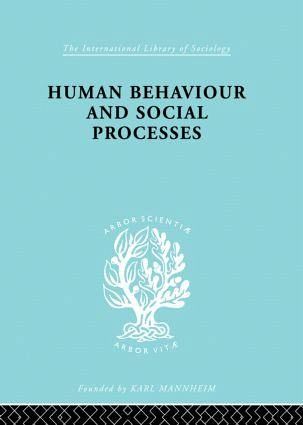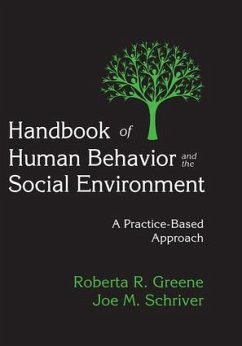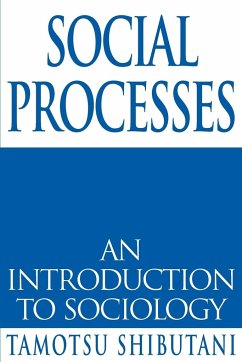
Human Behavior and Social Processes
An Interactionist Approach
Versandkostenfrei!
Versandfertig in 1-2 Wochen
66,99 €
inkl. MwSt.

PAYBACK Punkte
33 °P sammeln!
This is Volume VI in of eighteen a series on the Sociology of Behaviour and Psychology. Originally published in 1962, this book offers the interactionist approach when looking at human behaviour and social processes. This book shows that interaction theory can provide us with a body of significant testable propositions regarding the relationship of self and society.














